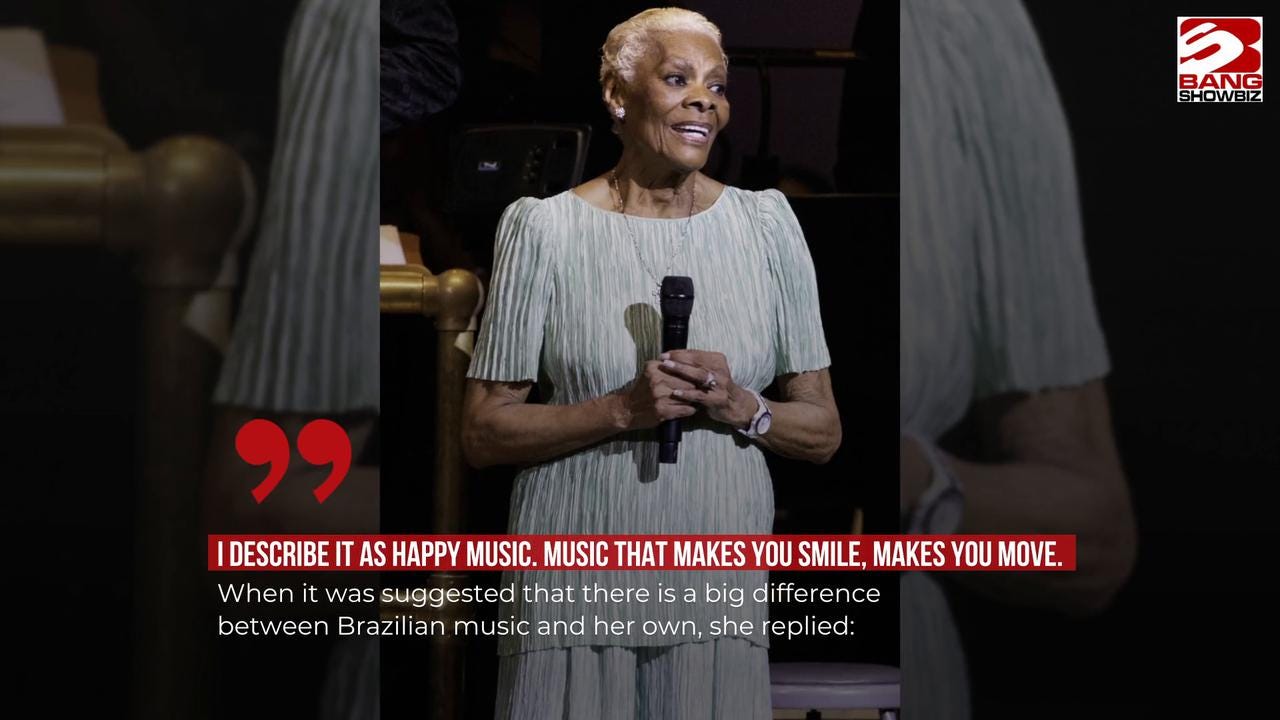Dionne Warwick and why Harlem's Apollo Theater reigns supreme for Black artists

Names such as James Brown, Michael Jackson, Aretha Franklin, Lena Horne, Ella Fitzgerald, B.B. King and Sam Cooke are but a few of the legends whose success was assured after treading those famous boards.
In celebration of Black History Month, Paste BN discussed the Apollo’s importance and influence with singing icon Dionne Warwick, 84, whose own career was launched when in 1958 her gospel group won the venue’s famously competitive Amateur Night contest.
This interview with The Excerpt podcast host Dana Taylor has been edited for length and clarity.
Question: The story of the Apollo Theater is one of resiliency. How do you think it’s been able to remain relevant after 90 years?
Dionne Warwick: Oh wow. The Apollo is one of those edifices that will around not only for the rest of our lives but the many to come after our lives are over. The old saying is very, very true: If you can make it at the Apollo, you can make it anywhere.
Amateur Night is rightly famous. What was your experience like heading onto that stage for the first time?
It was frightening. You’re standing where the icons of our industry not only stood but performed is quite humbling. I stood and I performed, and you sense you accomplished something.
The audience plays an active role in finding that rare talent. Tell us about that.
They’re probably one of the hardest audiences to perform for and to receive that OK from.
One of the most legendary Amateur Night winners was a 17-year-old Ella Fitzgerald. How did some of the artists who came before you influence your own career?
The saying is "You’re standing on the shoulders of giants," and I was able to do that. I got to know these incredible ladies and gentlemen in the industry. They embraced me, they threw their arms around me and decided I was their baby and they watched me grow. They had things to say to me when they felt I needed to hear them.
What can you share with us about the space being created at the Apollo for emerging artists?
(Success) is not given to you − you earn it. And that’s what I love about the Apollo audiences. They make you bring your best game to the stage. That’s important for those who are just beginning and maybe are thinking they know it all, until that audience lets them know maybe they don’t know it all. It helps to get a spanking every now and then.
Do you have advice for aspiring artists who hope to get the same reception you did at the Apollo?
All I can say is you have to hone your craft, make sure that it is at the bar that you’ve set for yourself. And once it’s there, you go on.
You’re still touring. There’s an old quote of yours where you said that the word "rest" is just another dirty four-letter word. What keeps you going?
Well, you do need to get rest, plenty of rest. But that said, it just does not feel like this is the time for me to just stop and relax and not do what I happen to love doing.
Is there a particular song of yours that best reflects your vocal artistry, or that you just enjoy performing the most?
I tell everyone who asks me that same question the same thing: Every single song is my favorite.
Fair enough. Going back to the Apollo Theater, can you tell us some of your memories of performing there or even of being a spectator?
Well, as a spectator I remember during my early teens being able to go see Frankie Lymon and the Teenagers (of “Why Do Fools Fall In Love” fame) many times. It was a treat to go to the Apollo Theater. I’m thrilled it’s still turning out some incredible talents and allowing them to be heard and seen by a deserving audience.